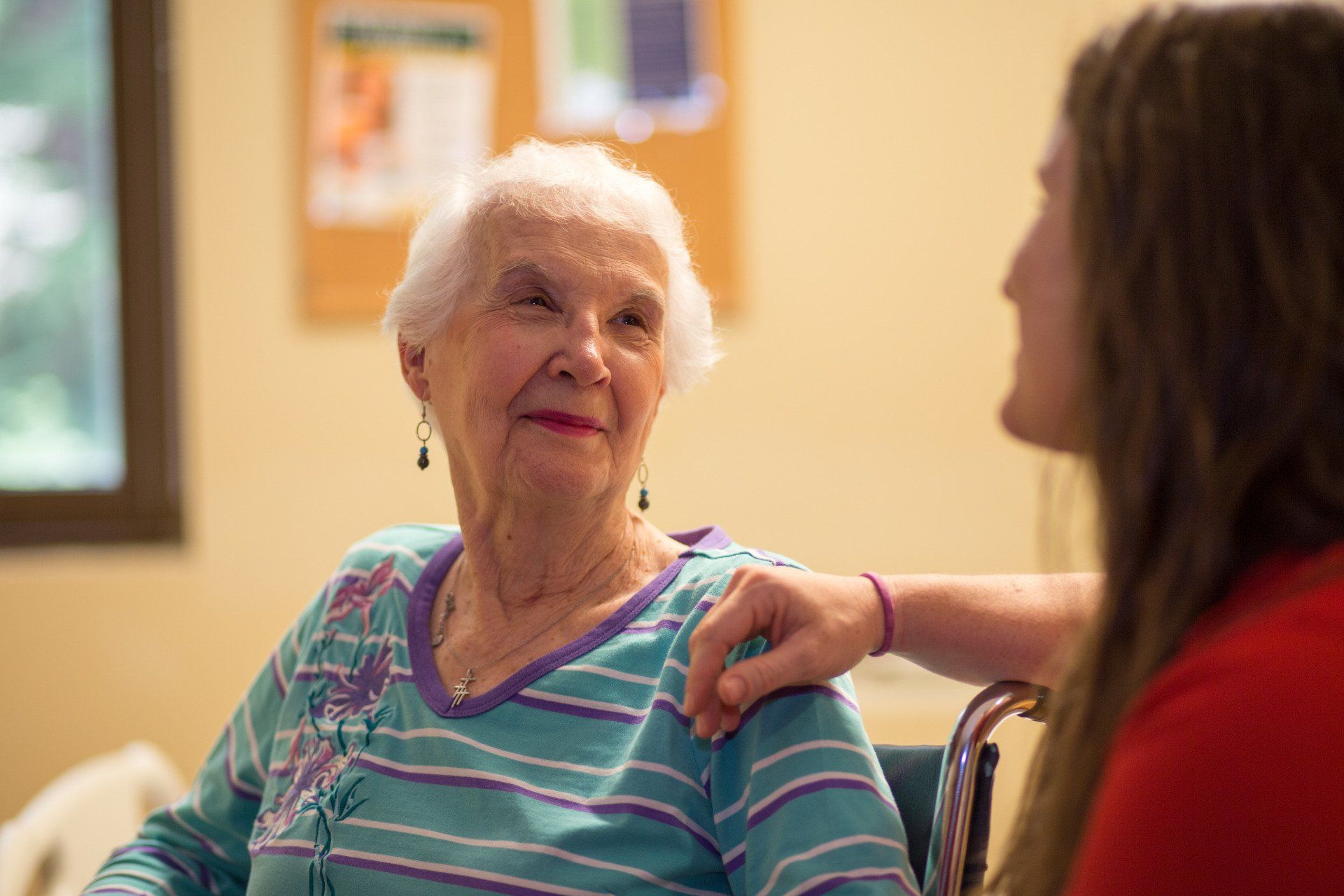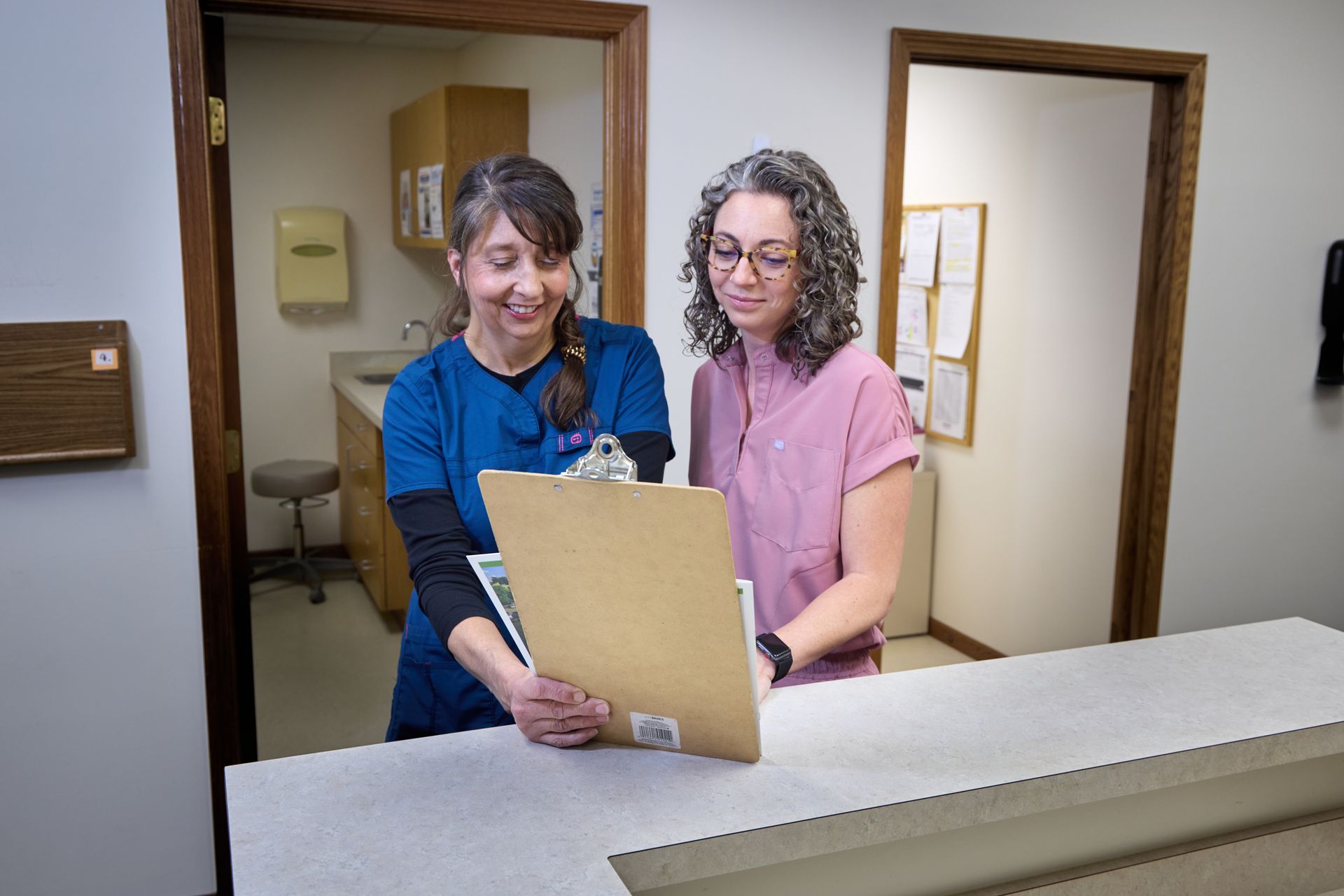Older Adult Care During COVID-19
How can older adults keep healthy while at home?
The current situation is overwhelming in many ways. We are all fighting an invisible enemy. It’s not going to go away anytime soon and we all have to practice living with it, taking necessary precautions to protect ourselves and our loved ones.
In this stressful situation, along with protecting us from being exposed to whatever it is out there, it is even more important to keep our chronic medical conditions under check for better quality of life. Stress causes lot of physical and psychological changes.
Stress eating, lack of activity, change in routine schedules/sleeping patterns and mood changes will adversely affect our health, especially if we have chronic health co-morbities like high blood pressure, diabetes, heart failure, obesity, depression, etc.
Certain things that we all can do to maintain good health are:
- Keep our regular routine and schedules as much as possible even though we are at home most of the time
- Being compliant with medications
- Keeping track of blood sugars and blood pressure as indicated by your doctor
- Checking with your provider’s office in a timely manner if there are any acute health concerns
- Keeping yourself active as much as possible
- Take a walk when possible to increase number of steps
- Simple aerobic exercises, stretching exercises, yoga, gardening, etc. can be safely done at home.
- Never lose motivation. Even if it’s just for 10-15 minutes a day, it’s okay! KEEP MOVING!
- Always try to eat healthy! Increase Omega 3 fatty acids in your diet to help elevate your mood.
- oOmega 3 fatty acids can be found in a handful of mixed nuts, seafood, flaxseeds, and chia seeds to name few.
- Take probiotics
- If you ever feel the situation is getting out of hand and/or you feel depressed or stressed, please seek help immediately. “WE ARE ALL IN THIS TOGEHTER”
What are some ways to prevent falls?
- Avoiding sudden changes in position and quick turns will help to maintain balance thus decreasing falls
- Pay attention to surroundings. Use a cane, hold onto support/side rails when possible
- Keep hydrated
- Wear comfortable shoes that fit well and be careful while walking on uneven or slippery surfaces
- Contact your provider’s office if you think your blood pressure or heart rate are running low
- Taking a Vitamin D supplement daily
- Check with your eye doctor if there is a problem with vision
What are some activities that can help keep my loved one busy while at home?
- Drawing, word puzzles, painting, board games, gardening, routine house chores, anything and everything that elevates ones’ mood. Use judgement on ability and follow necessary safety precautions.
What are some important things for me to monitor with my loved one?
Monitor:
- Blood sugar if he/she is diabetic
- Blood pressure
- Weight check if history of heart failure
- Obesity
- Salt and fluid intake check if history of heart failure
- Maintaining a food diary helps to keep track of carb/fat intake
What should my loved one do to protect themselves if they need to go out of the house to grocery shop or run errands?
- PREVENTION IS ALWAYS BETTER THAN CURE. But when we cannot avoid being out please try to:
- Maintain adequate social distancing i.e., at least 6 ft distance all the times
- Washing hands more frequently
- Not touching unnecessary surfaces/objects when out as much as possible
- Coughing or sneezing into ones’ sleeve or arm
- Wearing a face mask if he/she has no contraindications and is able to tolerate
Author: Rohini Kalisetti, M.D., Pomerene Internal Medicine










